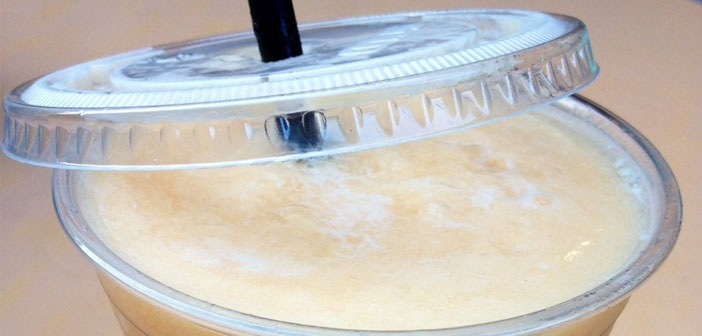How to Tell if Your Water Broke or You Peed
1. Volume and Force:
- Water breaks: The discharge of amniotic fluid due to the rupture of the amniotic sac is typically a sudden and significant quantity of fluid, often accompanied by a gush or a steady stream.
- Pee: The volume of urine released during urination is usually smaller and more controlled, with a steady flow.
2. Color and Odor:
- Water breaks: The amniotic fluid is generally clear or slightly milky in appearance, with no strong odor.
- Pee: Urine can vary in color from light yellow to dark amber, and it often has a mild, distinct odor.
3. Sensation and Discomfort:
- Water breaks: Some women report a "pop" or a "plop" sensation when the water breaks. It may also be accompanied by mild abdominal discomfort or a feeling of pressure.
- Pee: Urination is usually a painless and comfortable process, without any noticeable sensations or discomfort.
4. Timing and Frequency:
- Water breaks: The water can break anytime after the second trimester, but it's most likely to occur around the estimated time of delivery. The leakage of amniotic fluid can be continuous or intermittent.
- Pee: Urination typically occurs several times a day and is controlled by the body's need to release waste products. It can become more frequent towards the end of pregnancy due to the pressure from the growing uterus on the bladder.
5. Presence of Contractions:
- Water breaks: The rupture of the amniotic sac can trigger labor contractions. If you experience contractions along with the leakage of fluid, it's likely that your water has broken.
- Pee: Contractions are not associated with urination.
6. Home Test Kits:
- There are home test kits available that can help distinguish between amniotic fluid and urine based on the pH levels. These kits can provide additional reassurance if you're unsure.
If you're unsure whether your water has broken, it's important to contact your healthcare provider or midwife immediately for evaluation and guidance. They will be able to perform an examination and confirm whether your water has broken or not.



